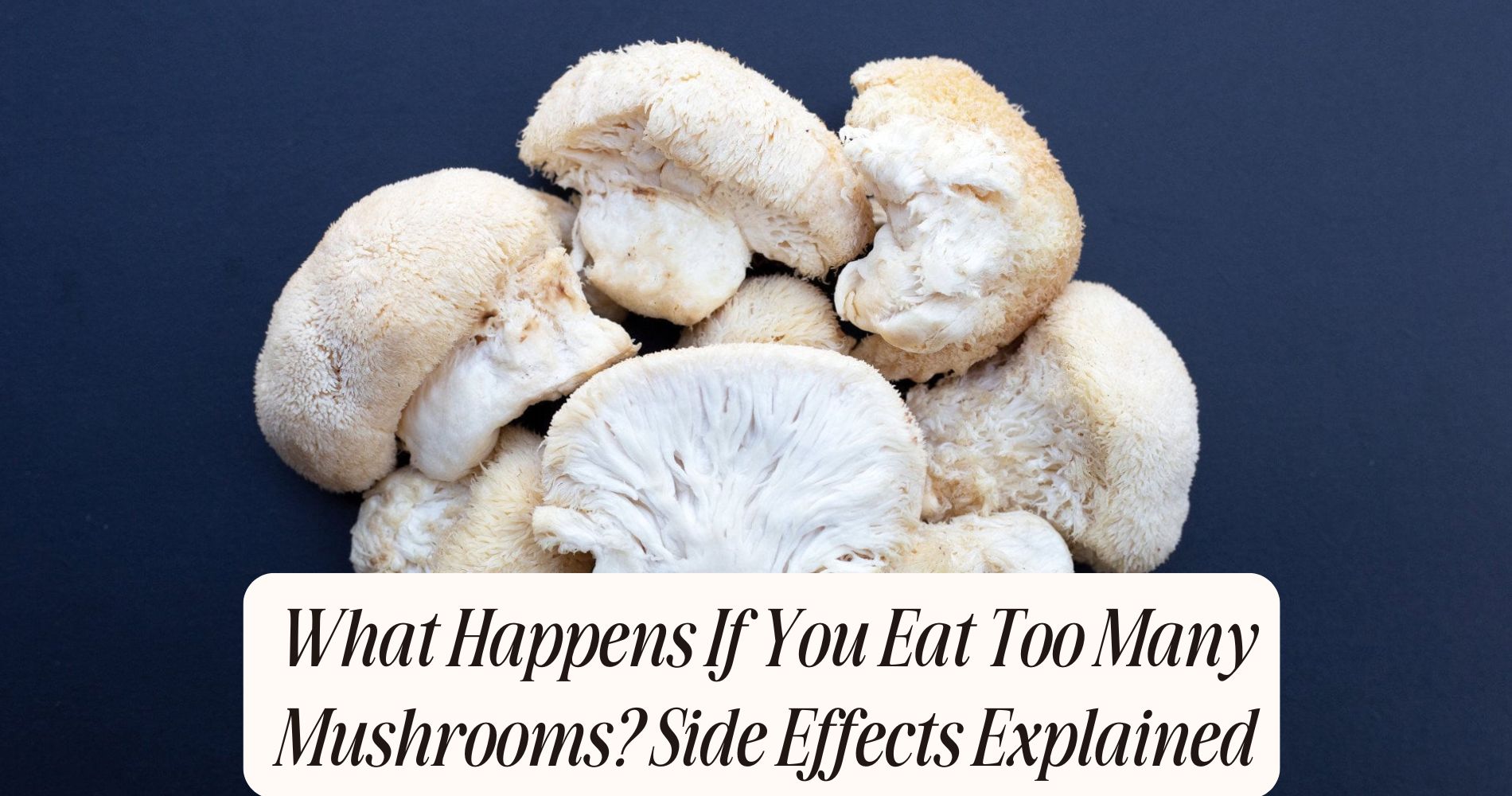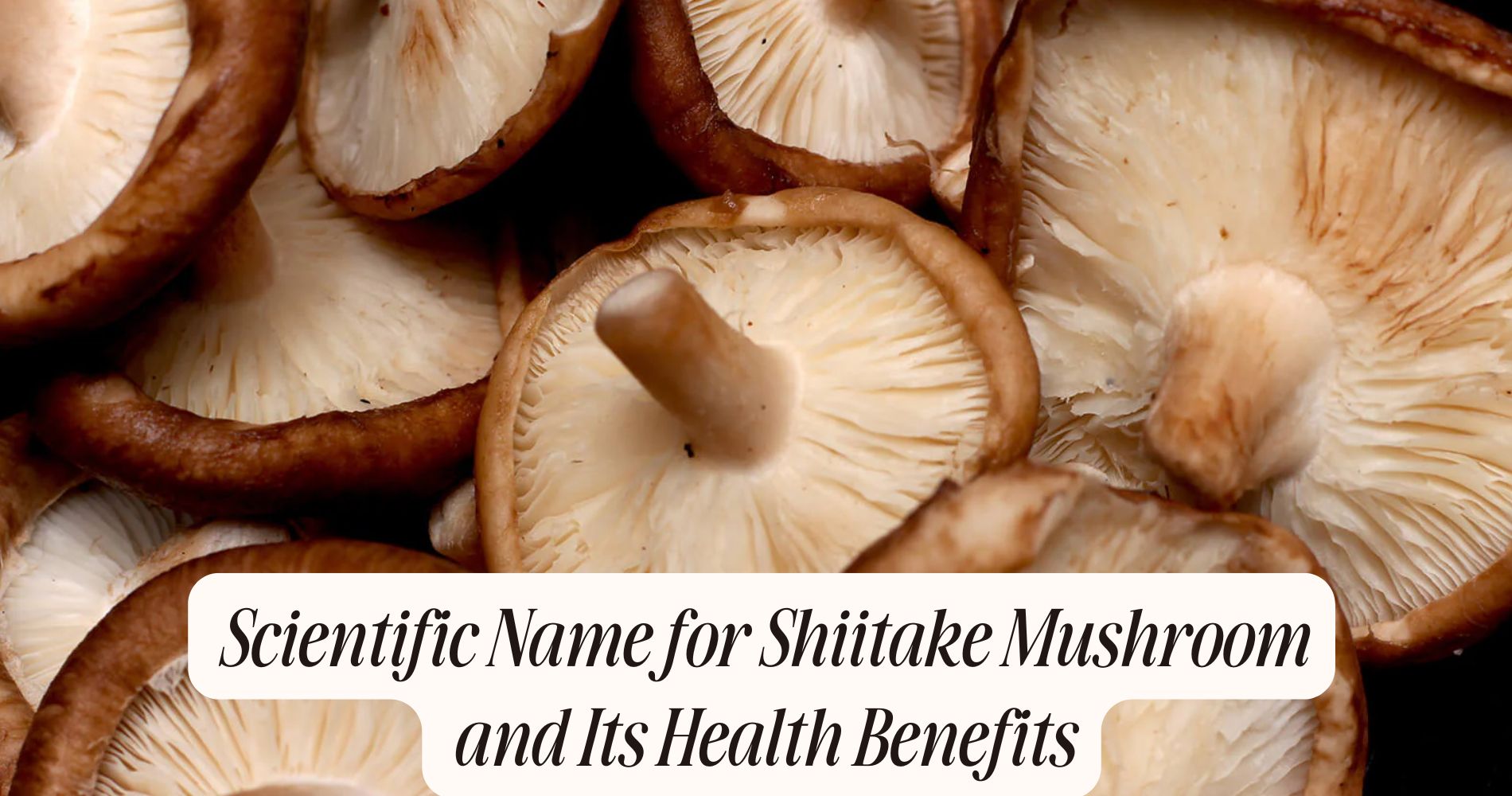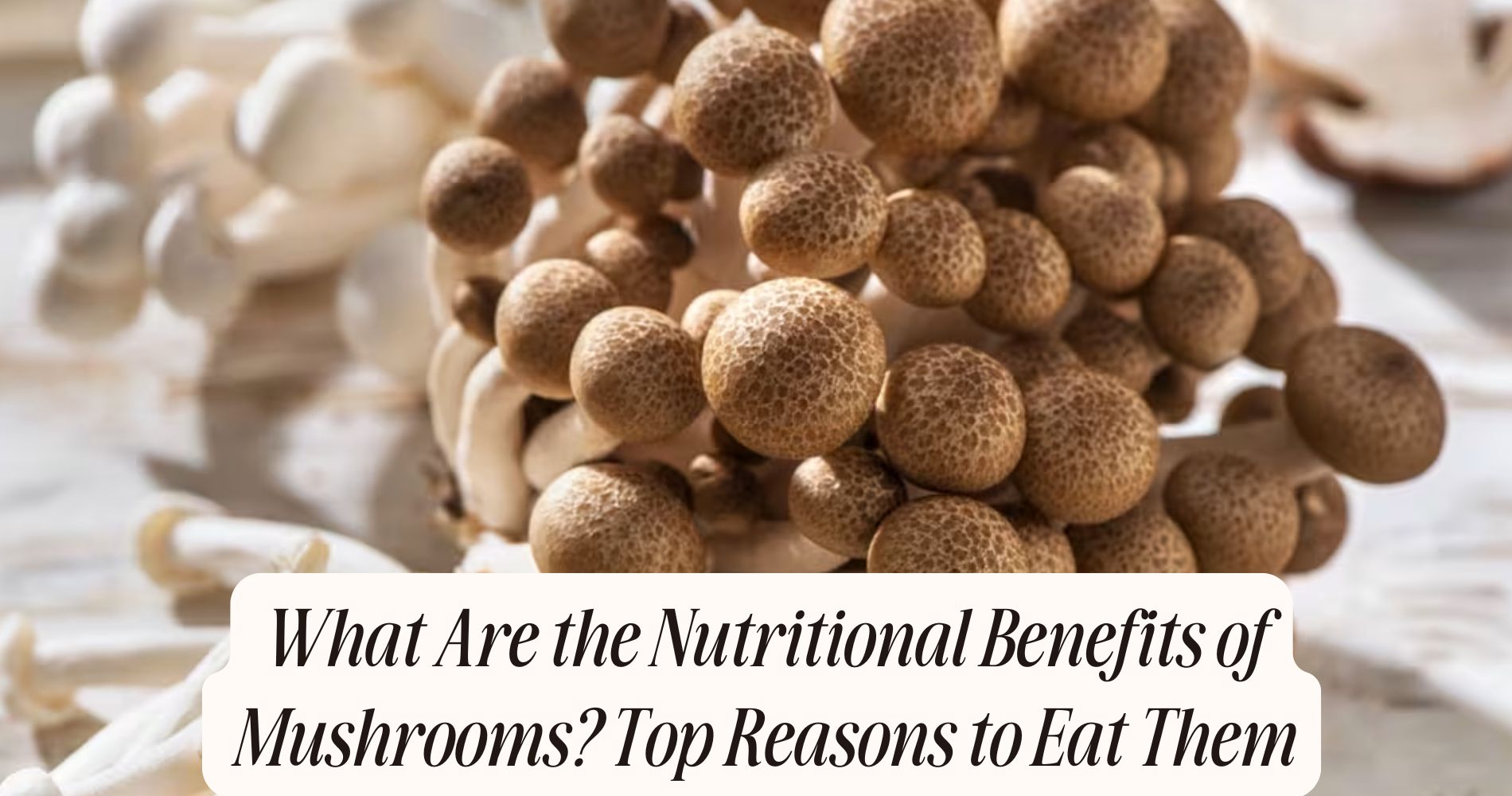
What Happens If You Eat Too Many Mushrooms? Side Effects Explained
What happens if you eat too many mushrooms? Eating too many mushrooms can lead to various side effects, including nausea, headaches, and digestive issues like bloating or gas. Some mushrooms, especially toxic varieties, pose severe health risks. You may also experience allergic reactions ranging from mild symptoms to anaphylaxis. Overindulging can also create nutrient imbalances in your diet. To avoid these risks, it's essential to enjoy mushrooms in moderation. There's more to discover about safe mushroom consumption and the different types available.
Understanding Mushroom Types and Their Nutritional Value
When you think of mushrooms, you might picture a variety of types, each offering unique flavors and nutritional benefits.
From shiitake to portobello and oyster mushrooms, these fungi provide essential nutrients. For instance, shiitake mushrooms are rich in B vitamins and support heart health, while portobellos are low in calories and high in fiber, making them great for digestion.

Oyster mushrooms contain antioxidants, which can help combat oxidative stress. Additionally, many mushroom varieties contain compounds like beta-glucans that may enhance your immune response.
By incorporating different types of mushrooms into your meals, you can enjoy their diverse flavors and reap their health benefits.
Common Side Effects of Overconsumption
While mushrooms offer numerous health benefits, consuming them in excess can lead to unwanted side effects. One primary concern is mushroom toxicity, which can vary considerably across different mushroom varieties.
Some mushrooms, like the infamous Amanita phalloides, contain deadly toxins that can cause severe health issues, even in small amounts. Overindulgence in edible varieties may not be lethal but can still result in symptoms like nausea, headaches, and dizziness.
Additionally, certain mushrooms can interact with medications, heightening these effects. It's essential to know your mushrooms and their proper serving sizes to avoid these risks.
Moderation is key to enjoying the benefits without the drawbacks associated with overconsumption.
Digestive Issues From Excessive Mushroom Intake
Excessive mushroom intake can lead to various digestive issues that you mightn't anticipate. Consuming too many mushrooms can result in gastric distress, which may manifest as bloating, gas, or diarrhea.
This discomfort often arises from the high fiber content in mushrooms. While fiber is beneficial in moderation, a fiber overload can disrupt your digestive system, leading to cramping and irregular bowel movements.

Additionally, certain mushroom varieties contain compounds that can be tough for some people to digest, further exacerbating these issues. It's important to listen to your body and moderate your intake.
Allergic Reactions: A Potential Risk
Digestive issues aren't the only concern when it comes to mushroom consumption; allergic reactions can also pose significant risks.
If you have a sensitivity, your immune response may activate when you eat certain types of mushrooms. Symptoms of mushroom allergies can range from mild to severe, including hives, swelling, or even anaphylaxis in extreme cases.
It's crucial to recognize these reactions early and seek medical attention if needed. Importantly, some individuals may not realize they've a mushroom allergy until they consume them.
Always consult with a healthcare professional if you suspect an allergy, especially if you've experienced adverse reactions after eating mushrooms.
Awareness and caution can help you enjoy mushrooms safely while avoiding potential health hazards.
The Impact on Blood Sugar Levels
Although mushrooms are often praised for their health benefits, consuming them in large quantities can influence your blood sugar levels. Mushrooms generally have a low glycemic index, meaning they don't cause rapid spikes in blood sugar.
However, overeating can lead to an imbalance in nutrient intake, potentially affecting your overall metabolism. For instance, excessive mushroom consumption might displace other foods that better stabilize blood sugar.
Additionally, some varieties contain compounds that can alter insulin sensitivity, which may not be beneficial in high amounts. If you've got diabetes or blood sugar concerns, moderation is key.
Monitoring your intake can help you enjoy mushrooms while maintaining balanced blood sugar levels and overall health.
Nutrient Imbalance From Overeating Mushrooms
When you eat too many mushrooms, you might unintentionally create a nutrient imbalance in your diet.
While mushrooms are rich in certain nutrients like vitamins D and B, excessive consumption can lead to deficiencies in other essential nutrients. Relying heavily on mushrooms could reduce your nutrient diversity, as they may replace other food groups that provide different vitamins and minerals necessary for overall health.

This lack of dietary balance can impact your energy levels, immune function, and overall well-being.
To maintain a healthy diet, it's vital to incorporate a variety of foods. Aim for a balanced plate that includes fruits, vegetables, grains, and proteins, ensuring you meet all your nutritional needs without overemphasizing any single food item.
Toxic Mushrooms: A Hidden Danger
While many mushrooms are safe and nutritious, it's crucial to recognize that some varieties can be highly toxic and pose serious health risks.
Poisonous varieties, like the Amanita phalloides (death cap), can lead to severe liver damage or even death. To protect yourself, familiarize yourself with identification methods that distinguish safe mushrooms from their toxic counterparts.
Always consult reliable field guides or local experts when foraging. Remember, even experienced foragers can make mistakes, so when in doubt, throw it out.
Cooking doesn't render toxic mushrooms safe, and symptoms of poisoning may not appear until hours after ingestion. Stay informed, as understanding these risks can help you enjoy mushrooms safely without facing the hidden dangers they may present.
Individual Sensitivities and Reactions
Even with the awareness of toxic mushrooms, not everyone reacts the same way to the safe varieties.
Individual reactions to mushrooms can vary considerably due to factors like genetics, gut health, and previous exposure. Some people might enjoy mushrooms without any issues, while others may experience gastrointestinal discomfort, allergic reactions, or other side effects.
Sensitivity variations play an important role in how your body processes different types of mushrooms. For instance, certain compounds found in mushrooms can trigger adverse effects in sensitive individuals, even if those mushrooms are generally considered safe.
Being mindful of your own body's responses is essential, as what works for one person mightn't work for you. Always listen to your body when introducing new foods into your diet.
Tips for Enjoying Mushrooms in Moderation
To enjoy mushrooms without experiencing negative side effects, it's crucial to practice moderation.
Start by incorporating a variety of mushroom recipes into your meals, focusing on different types like shiitake, cremini, and portobello. This not only enhances flavor but also helps you avoid overconsumption of any single variety.
Use portion control to guide your servings; aim for about one cup of cooked mushrooms per meal.
When trying new recipes, consider balancing mushrooms with other vegetables and proteins to diversify your diet.
Additionally, listen to your body—if you notice any discomfort, reduce your intake.
Enjoy Mushrooms the Easy Way with SUPER MUSHROOM GUMMIES
Want the benefits of mushrooms without the hassle? SUPER MUSHROOM GUMMIES by Well Gummies make it effortless! Packed with 10 functional mushrooms, these delicious, vegan-friendly gummies naturally boost energy, sharpen focus, and support immunity—without the risk of overconsumption. Plus, they taste like fresh wild berries, just like your favorite candy! No jitters, no crash—just balanced energy and mental clarity all day. Try them today for an easy, enjoyable way to fuel your body and mind!
Frequently Asked Questions
Can Mushrooms Interact With Medications I'm Taking?
Yes, mushrooms can interact with medications you're taking. Some may cause mushroom toxicity or affect how your body processes drugs. Always consult your healthcare provider to guarantee safety and avoid potential medication interactions.
Are Certain Mushroom Types Safer to Consume in Large Quantities?
Certain edible varieties, like button or shiitake mushrooms, are generally safer in larger quantities. However, always avoid toxic species, which can cause severe reactions. It's wise to research specific types for safe consumption levels.
How Do Cooking Methods Affect Mushroom Safety and Digestion?
Cooking techniques greatly enhance mushrooms' safety and digestion efficiency. Methods like sautéing or roasting break down tough cell walls, making nutrients more accessible and reducing potential toxins, ensuring you enjoy their benefits without unnecessary risks.
What Should I Do if I Experience Severe Symptoms After Eating Mushrooms?
If you experience severe symptoms after eating mushrooms, seek immediate medical attention. Mushroom toxicity can be life-threatening. An emergency response is essential for proper diagnosis and treatment, ensuring your safety and well-being. Don't delay action.
Can Eating Mushrooms Affect My Mental Health or Mood?
Eating mushrooms can influence your mental health and mood due to certain mushroom compounds. While some may enhance mood regulation, others might cause adverse effects, so it is crucial to consume them mindfully and in moderation.
Conclusion
To sum up, while mushrooms offer numerous health benefits, overindulgence can lead to various side effects, from digestive issues to allergic reactions. It's important to be mindful of the types of mushrooms you consume, especially avoiding toxic varieties. Pay attention to your body's responses and enjoy mushrooms in moderation to reap their nutritional rewards without the risks. By being informed, you can savor these versatile fungi safely and healthily.




